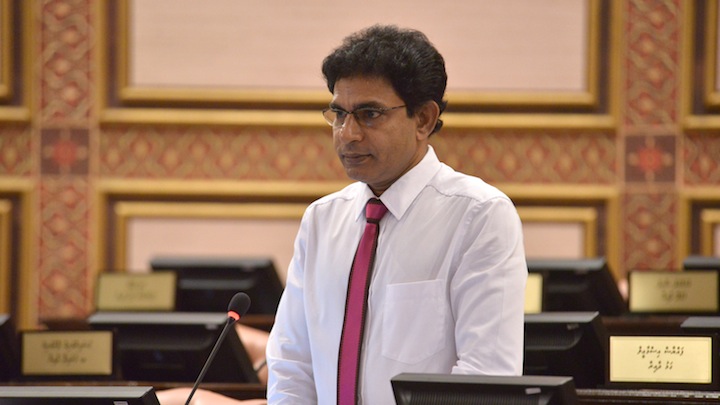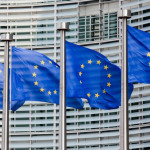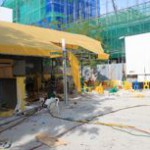The parliament today accepted for consideration a bill that would authorise President Abdulla Yameen to determine the public services to be provided by the opposition-majority Malé city council.
Ruling Progressive Party of Maldives (PPM) MP Mohamed Waheed Ibrahim’s revisions to the decentralisation law states that municipal services the president decides not to assign to the council will be transferred to government ministries.
If the amendment bill is passed, the president must determine the powers and responsibilities of the council within a month in consultation with his cabinet.
During today’s sitting of parliament, MPs of the main opposition Maldivian Democratic Party (MDP) heavily criticised the proposed changes, contending that it would “destroy” the decentralisation system and reduce the city council to an “administrative desk at the president’s office.”
The current administration is using its parliamentary majority to consolidate all powers of the state with the executive and paving the way for “autocratic rule,” the opposition MPs said.
But Waheed said the changes were necessary due to the council’s alleged corruption and behaviour as “a separate government”.
Other PPM MPs accused the council of obstructing the government’s efforts to develop the capital and focusing primarily on the MDP’s activities.
Pro-government MPs said the council had failed to solve the city’s garbage and flooding problems, but opposition MPs said the government had not granted the funds necessary to fulfil the council’s responsibilities.
Waheed’s bill follows the housing ministry evicting the council from the city hall building last month. In a long-running struggle, the housing ministry had also taken over management of Malé City’s public spaces, parks, harbours, cemeteries, and roads from the city council.
The MDP had won a majority of seats in the Malé and Addu City councils in both the February 2011 and January 2015 local council elections.
MP Ibrahim Mohamed Solih, parliamentary group leader of the MDP, said the amendments are contrary to the spirt of the 2008 constitution.
The changes would undermine the concept of separation of powers and decentralised administration envisioned in the constitution, he said.
Following preliminary debate, the amendment bill was accepted for consideration with 33 votes in favour, 15 against, and sent to the national committee for further review.
The People’s Majlis convened today for its second session of the year after a one-month recess.







To this they, the PPM regime is upset with the city council's decisive response to the water crisis a few months ago, making them lose the chance to swindle the public out of 20 million dollars by providing free desalinated water to the public. When gangsters, dirty thugs, heroin dealers and filthy police could not stop the popular support for the city council, this is what they're doing next.
Dictators cannot stomach decentralisation. The proof is here. The country is in a pretty sorry state:
(i) Anyone who dare criticise the regime is facing terrorism charges or have already been jailed on such charges.
(ii) The last semblances of democracy (by way of decentralisation) is now going to get firmly extinguished.
Dictators won't last forever.
I hope the people now sees how dumb it was to vote PPM into absolute majority. They can do whatever they want and they'll do it "legally". The regime can change laws as they please, they can order police and army to act as they please, they can let the judiciary judge as they please.
A few protests are not going to change a thing.